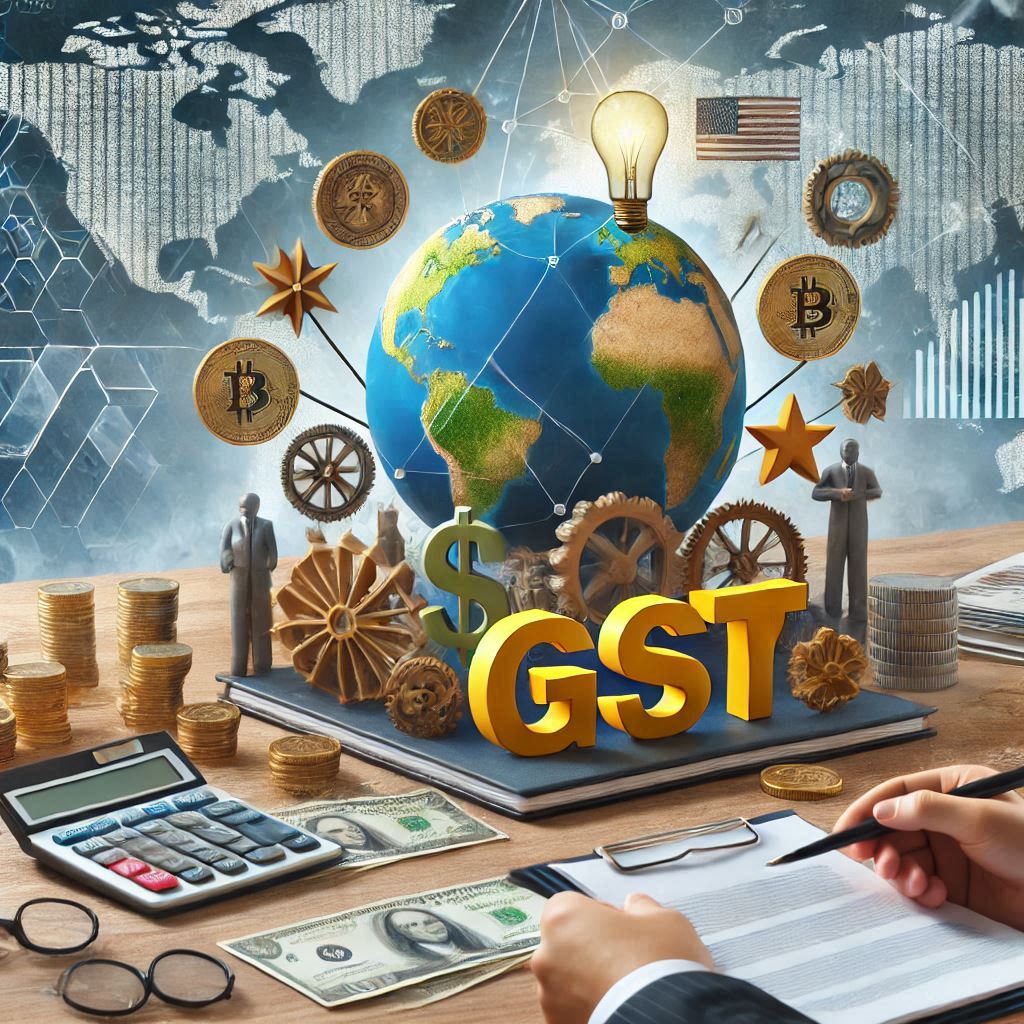54th GST Council Meeting Key Highlights and Impact on Taxation

54th GST Council Meeting: Key Highlights and Impact on Taxation. The 54th GST Council meeting held on September 9, 2024, brought crucial changes to India’s tax system. Chaired by Union Finance Minister Nirmala Sitharaman, the meeting aimed at simplifying processes and addressing sector-specific concerns. Here’s a detailed look at the decisions and their implications.
54th GST Council Meeting Key Highlights and Impact on Taxation
Highlights of the 54th GST Council Meeting
- E-Invoicing for B2C Transactions
- The council proposed extending e-invoicing to Business-to-Consumer (B2C) transactions.
- E-invoicing for Business-to-Business (B2B) is already mandatory.
- This move will improve transparency in retail sales.
- It aims to reduce tax evasion and increase accountability.
- GST Rate Revisions
- Cancer Drugs: Reduced GST rates were announced for certain cancer drugs to improve affordability.
- Insurance Premiums: Discussions on lowering GST for life and health insurance premiums were initiated.
- A decision on this will be made after further analysis by a panel.
- Compensation Cess Extension
- States requested an extension of the compensation cess beyond March 2026.
- This cess is crucial for offsetting revenue losses caused by GST implementation.
- The extension will help states manage their financial needs effectively.
- Aviation Turbine Fuel (ATF) Exclusion
- The council rejected the inclusion of ATF under the GST regime.
- This decision maintains state-level taxation for ATF.
- Uniform tax on ATF would have simplified costs for airlines, but states opposed it fearing revenue loss.
- GST on Used Vehicles
- A uniform 18% GST will be imposed on used vehicles sold by registered dealers.
- Sales between individuals remain exempt.
- This move aims to regulate the second-hand vehicle market.
- Streamlining Compliance
- Clarifications were provided on various tax issues to improve trade compliance.
- New guidelines were introduced for expanding the reverse charge mechanism.
What These Changes Mean for Stakeholders
- Retail Sector
- E-invoicing for B2C transactions will enhance tax transparency.
- Retailers may face higher compliance requirements initially.
- The long-term goal is a more organized and accountable retail market.
- Healthcare and Insurance
- Lowering GST on cancer drugs directly benefits patients.
- Reduced rates on insurance premiums, if approved, will make policies more accessible.
- These changes reflect the government’s focus on healthcare affordability.
- State Governments
- Extending the compensation cess supports state finances.
- It ensures steady revenue for development projects and welfare schemes.
- Aviation Industry
- Exclusion of ATF from GST means continued disparity in tax rates across states.
- Airlines will continue to face challenges in cost standardization.
- Used Vehicle Market
- The 18% GST for registered dealers ensures better regulation.
- Direct sales remain tax-free, giving individuals a slight edge in private transactions.
Steps Towards Simplification
The council also announced several measures to streamline GST compliance:
- Expanding the reverse charge mechanism for more services.
- Addressing sector-specific tax ambiguities.
- Ensuring ease of trade for businesses.
These steps are expected to make GST filing easier and reduce disputes.
Impact on Businesses and Consumers
- For Businesses
- Businesses must adapt to the new e-invoicing rules.
- Registered dealers in the used vehicle market may face higher administrative burdens.
- Aviation companies will need to manage costs with state-specific ATF taxes.
- For Consumers
- Affordable cancer drugs and potentially lower insurance premiums are major benefits.
- Transparent pricing in the retail sector will enhance consumer confidence.
- Second-hand vehicle buyers may notice price adjustments from dealers.
Challenges Ahead
Despite these positive steps, certain challenges remain:
- Implementing e-invoicing for B2C transactions requires robust infrastructure.
- States must align on compensation cess policies to avoid fiscal imbalances.
- The aviation industry still struggles with high operational costs due to ATF tax inconsistencies.
Conclusion
The 54th GST Council meeting introduced significant reforms aimed at enhancing India’s tax framework. From healthcare affordability to streamlined compliance, the council’s decisions cater to diverse stakeholder needs. However, successful implementation is crucial to achieving these goals.
Businesses, state governments, and consumers must closely monitor these changes and prepare for their impact. As India progresses towards a simplified tax regime, such meetings continue to play a pivotal role in shaping the country’s economic future.




